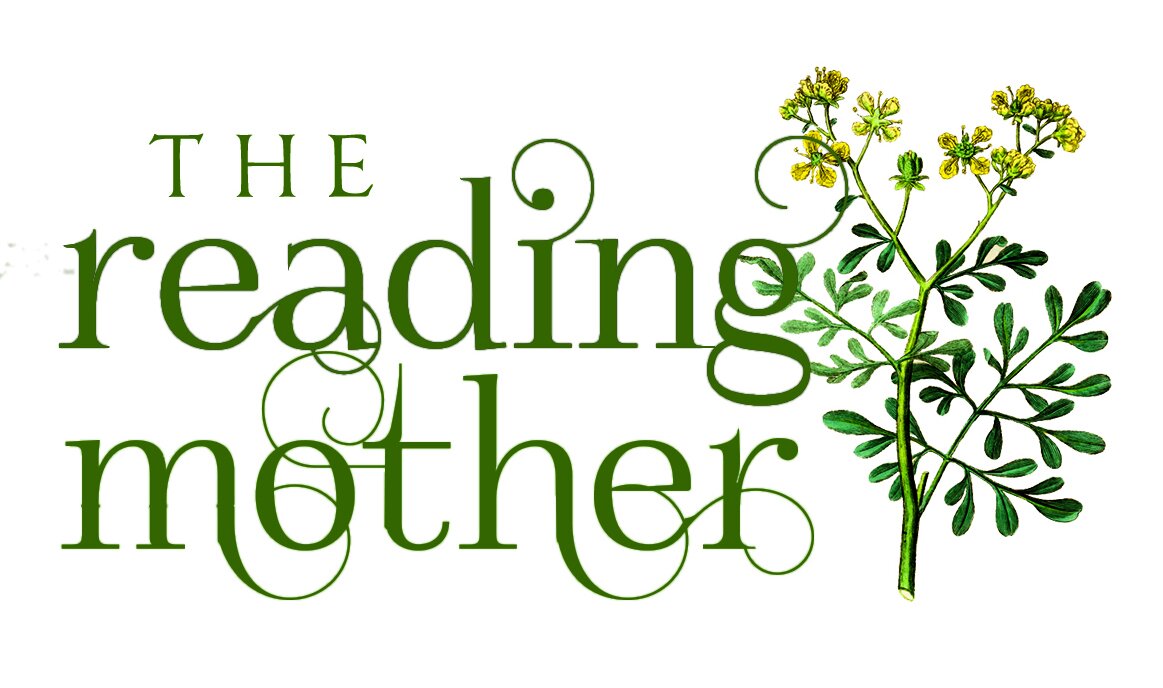"Reading Maketh A Full Man"
Updated from a post by the author originally published in 2012.
When we read aloud to young children, we give them access to ideas they could not comprehend on their own and expose them to vocabulary and sentence structure way beyond their abilities to employ in their own writing. They hear words pronounced properly, which can help to counteract the “creative pronunciation” of teens and young adults who read a great deal on their own. Reading aloud from the best literature develops the ear of the listener. Descriptive vocabulary and beautiful language patterns will capture the child’s imagination and will naturally overflow into conversation and writing. I remember my utter delight when my very young son told me that he had seen a bunny scutter behind the shed, and I realized that he was imitating Beatrix Potter’s wonderfully onomatopoeic word from our morning reading.
Reading the best books aloud together with your children will develop a shared culture of what is good, true, and beautiful. Quotes and characters become part of your family lingo, remembered and shared into adulthood, and perhaps even reaching future generations. Even the memory of reading books together becomes part of the family lore. My husband has read Laura Ingalls Wilder’s Little House series on two different occasions to our children. Both times, it actually happened to be winter when he got to The Long Winter. Both times, we had record snowfall in our fairly temperate Commonwealth during the weeks he was reading – in 1996, when we had 40” in one week, and in 2010, when we had 42” in one week. Incidentally, The Long Winter is now a banned book in our home during the winter. I have advised my children to read it to their children in the summer.
As your students read books on their own, they continually see correct spelling, grammar, punctuation, and sentence patterns. This reinforces basic writing skills before they ever put pen to paper. Reading alone also gives students time to think and reflect on ideas that they meet in their reading. Another of my cherished memories is an eight-year-old son, sitting on the porch swing reading John Gunther’s biography of Alexander. He finished the book, closed it, looked at me, and said, “Mom, Alexander the Great was a very foolish man.” The connection was his. It was not the product of a question and answer session focused on great life lessons from literature. It was simply his observation as his mind mulled over the accomplishments and frailties of an important historical figure. My son’s reading was building his soul.
Don't despair if you did not begin this valuable practice with your very young children. It is never too late! Begin today. And don't stop when they learn to read on their own; continue to read aloud as they become teens and young adults. Read, read, read aloud to your children. Have them read, read, read on their own. Make these the things that always gets done even on those days when nothing else does. Aim yourself and your children “toward a life well-read."
The heart of each Language Lesson from Cottage Press is a literary selection. An imagination seeded with "the best that has been thought and said" is the primary component in the development of writing skill. Worthy literature at the heart of your studies prioritizes the soul-building stuff: filling hearts and minds with what is good, true, and beautiful. When your student actually does begin to put words on paper, he is more likely to have something worth saying. In the words of Sir Francis Bacon, he will be a “full man.”

